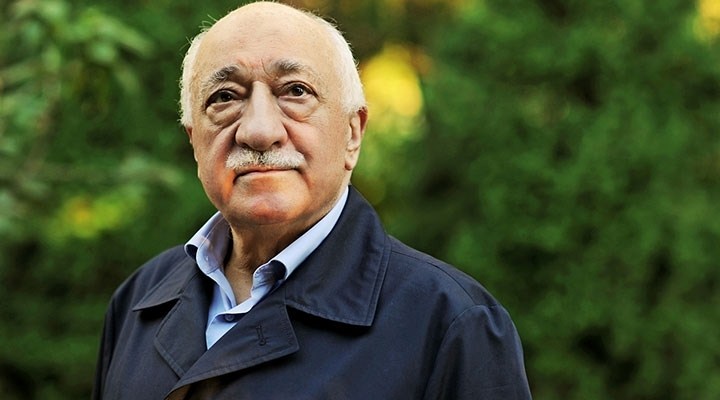Who is Fethullah Gülen?
In his address on July 16, Turkish President, Recep Tayyip Erdoğan, stated that the military coup had been orchestrated by Fethullah Gülen.
“Turkey will not be run from a House in Pennsylvania. Turkey is not a country that can be bought or sold for cheap,” President Erdoğan stated, live on the air of the national TV channel’s FaceTime.
He was referring to Fethullah Gülen, his major enemy, who lives in Pennsylvania. He is regarded as the second most influential person in Turkey after the President.
So, who is Gülen?

Gülen was born to a Kurdish family in the city of Erzurum in 1941.
• Gülen is a writer and former imam. He started preaching at the age of 12. In 1982, he opened the first Islamic school.
• He has been living in Pennsylvania (USA) since 1999.
• He has founded a network of schools and universities all over the world (over 1,000 schools in 160 countries).
• In 2008, he was declared the world’s most influential intellectual by the magazines Prospect and Foreign Policy. Time magazine placed him on the list of the world’s 100 most influential people.
• Gülen and Erdoğan once used to be friends and allies. Their relationship became worse in 1999. Gülen left for treatment to the USA and never returned back to Turkey.
• Since that time, Erdoğan has been hunting Gülen and his supporters.
• Gülen is the head of the Hizmet movement that has been backed by millions, and not only by people in Turkey. He and his ideas have supporters in Turkish law-enforcement agencies, in the army and other state bodies. In one of his speeches, Erdoğan referred to them as ‘a state within the state’.
• In 2000, Turkey instituted criminal proceedings against Gülen. Though, the charges were later dropped due to insufficient evidence.
• The conflict between Erdoğan and Gülen has particularly escalated over the past two years. Erdoğan has repeatedly stated that Gülen and his organization, Hizmet, intend to organize a coup and seize power in the country.
• In 2013, Gülen was accused of exposing corruption in the government under Erdoğan. In 2014, the Turkish court issued an arrest warrant for Gülen. Turkey requested Interpol to include him on the most wanted persons’ (red notice) list. However, Interpol did not consider their request.
• In March 2016, Erdoğan blamed Gülen for escalating the situation in the south-eastern regions of the country, predominantly populated by Kurds.
• 90 people, suspected of having links with Gülen, were arrested by the Turkish police in April 2016. 29 more people were arrested on similar charges in Izmi in May of this year. In both cases, Erdoğan said that Gülen was trying to set up a ‘parallel state’ in Turkey.
• It’s hard to say whether Gülen is driven by an ambition to rule the country or not. He has never openly stated his readiness to come into power in the country. On the contrary, he has always had answered negatively to this question.
• Some Turkish experts believe that Erdoğan is ‘scapegoating’ Gülen, constantly associating him with the problems existing in the country.
• Gülen has a number of chronic diseases and permanent health problems. He rarely appears in public and has almost no contact with journalists.
• Gülen opposes the religious extremism and is against politicizing Islam and religion, in general. He preaches traditional Turkish Islam and regards it as the religion of compassion and social cohesion.
• Gülen supports a dialogue with various religious denominations and people with different beliefs.
• He is actively engaged in discussions on Turkey’s future and the role of Islam in the contemporary world. Gülen views education and personal development as the only way out of the existing situation in the country.
• Gülen believes, “studying physics, mathematics, and chemistry is worshipping God.
• ‘Gülen’s schools’ are considered to be the best in Turkey. These schools have modern and expensive equipment, an equal approach towards both sexes, as well as English language classes from the very first grade.
• Gülen believes Islam and democracy are compatible.
• Gülen support gender equality. However, he believes that ‘like any other radical movement, ‘western-style feminism’, which is full of hatred towards men, is also doomed to failure.


















